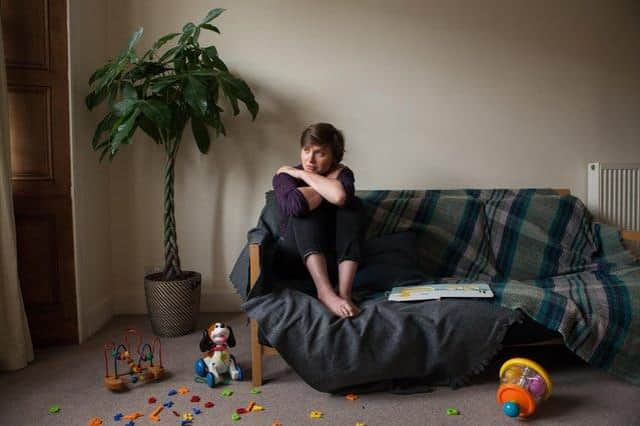Public urged to "call out" domestic abusers


Police Scotland’s Disclosure Scheme for Domestic Abuse in Scotland (DSDAS) was launched in October 2015 following a successful trial in Ayrshire and Aberdeen, and since then has received more than 13,000 requests to ask about the background of a partner.
Of the 13,334 requests, 7530 people were told that their current partner has a violent or abusive past.
Advertisement
Hide AdAdvertisement
Hide AdDetective Chief Superintendent Sam Faulds, head of public protection, said: “Behind the numbers are people who have either escaped becoming victims of domestic abuse, or who are now aware of their partner’s abusive past.
“Abusers manipulate and control their victims. Abuse can be gradual and it can be very difficult for victims to recognise their situation and to then take action to get themselves out of it. DSDAS provides that first step. It can help prevent domestic abuse and the long term damage it can cause victims, their families and their children.
“People told about a partner’s past have the right to choose the course of action they wish to take, and practical support and advice is available from our partners. The scheme exists not just for those who may be at risk but for their friends or families too.
"Each year reports of domestic abuse increase over the festive period. This year we are acutely aware of the impact of the pandemic on victims locked in with the person responsible for their abuse.
Advertisement
Hide AdAdvertisement
Hide Ad"So we are appealing to friends, family, colleagues and neighbours or anyone who sees something to call it out if they are concerned that someone may be a victim of domestic abuse. Get in touch with us and we will make sure that person is ok and we will investigate the circumstances.”
Kate Wallace, Chief Executive of Victim Support Scotland, added: “We fully support Police Scotland’s campaign, and hope this encourages people who have experienced domestic abuse to realise that they are not alone.
“With reports of domestic abuse increasing in Scotland, it is important to recognise the long-term trauma that domestic abuse can cause.”